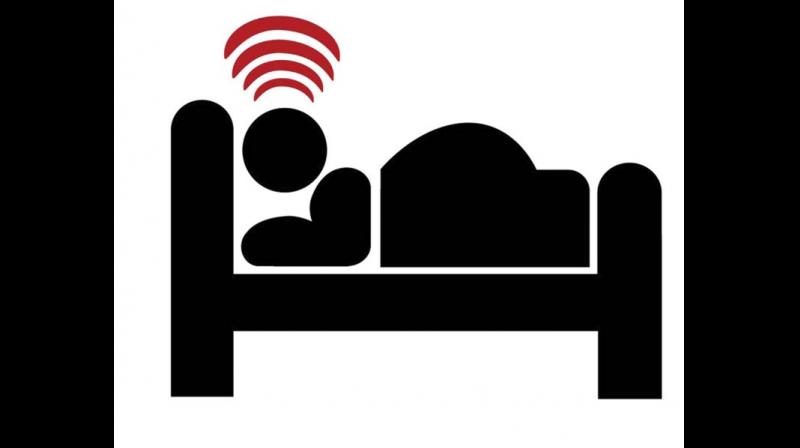Here's how to stop snoring while sleeping
More than 45 per cent of healthy adults snore while sleeping.

Studies show that more than 45 per cent healthy adults snore while sleeping. However, a majority of those people would like to know how to stop snoring naturally and permanently.
Getting someone to stop snoring can also prove to be a difficult. While snoring home remedies can work, research has revealed that 75 per cent of those who snore have obstructive sleep apnea, which could increase the risk of developing heart disease in future.
Here’s how to stop snoring naturally
Sleeping on your side: This stops the base of your tongue and soft palate from collapsing to the back wall of your throat that usually happens when you sleep on your back. This usually results in a vibrating sound when a person is asleep. If sleeping on your side is difficult, a body pillow or taping tennis balls to the back of your pyjamas can be a quick and cheap solution.
Losing weight: This can help people who have recently gained weight and have started to snore as a result. Thin people do snore, but weight gain can occasionally squeeze the diameter of the throat, again causing it to collapse during sleep.
Not drinking: Drinking alcohol four or five hours before sleeping can make snoring worse and louder as it can reduce the resting tone of the muscle in the back of your throat. Some people who do not usually snore can sometimes snore after drinking. Lack of sleep can also play a significant part in the increase of snoring as, when an overtired person goes into a deep sleep, muscles become floppier.
Opening nasal passages: This can also help minimize snoring if a person has cold or if a person’s nose is blocked for other reasons. A hot shower, a neti pot or nasal strips can help clear passages before bed.
Drinking water: This can stop the secretions in your nose and soft palate from becoming sticky when you are dehydrated, so ensuring you are having enough water each day can help stop snoring.
However, if none of these work, surgery could be a natural inclination.

